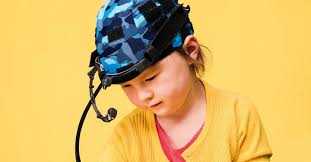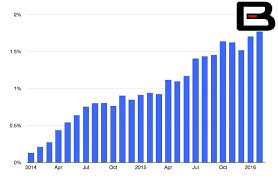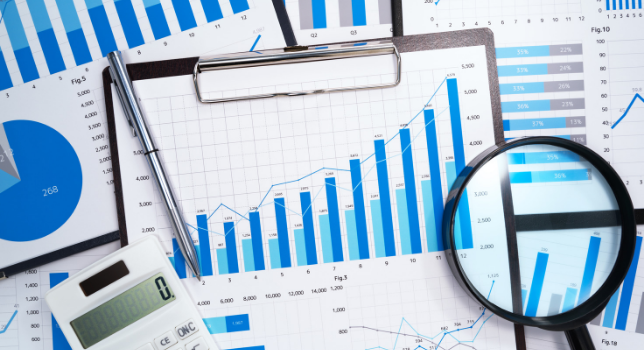Source: wired.co.uk
In this era of artificial intelligence, it’s ironic that there’s so much that we don’t know about natural intelligence. But details of a missing chapter in the story of the brain are about to emerge from a new multi-million pound laboratory that will use wireless and wearable technologies to get inside the heads of toddlers.
The Wohl Wolfson ToddlerLab, part of Birkbeck University’s Centre for Brain and Cognitive Development (CBCD), is due to open in London’s Torrington Square in June. Inside, scientists will be able to scan the brains, monitor the gaze, and chart the hormone levels of one- to three-year-olds as they play in a series of real and virtual environments.
ToddlerLab will be a “world first,” says Denis Mareschal, director of the Centre, who has been working on the project for four years. “There is a black hole in our understanding of the development of toddler’s brains.”
It’s a successor to Birkbeck’s BabyLab, which has led the way in studying brain development since the CBCD opened in 1998. It revealed how babies can learn how the world works from surprising events, linking cause and effect. Researchers use eye tracking to explore what babies are thinking about, and demonstrate how they can figure out what mum or dad mean when they say the word “brick” by tracing their gaze to a piece of Lego. Sensor hairnets can register crackles of electrical brain activity as babies play on their parent’s laps, or fathom words in a stream of sounds (to a baby, all languages are foreign).
Among other projects, BabyLab scientists are helping to understand why people with Down’s syndrome do not get Alzheimer’s, studying the effects of screen time on babies as young as six-months, and seeking early signs of behavioural problems such as ADHD.
But toddlers, well, toddle so these methods have had to be adapted to study them in the new purpose-built lab, which abuts a Georgian house. Thanks to almost £40,000 of crowdfunding, £2.1 million from the Maurice Wohl Charitable Foundation and Wolfson Foundation, and £1.2 million from other backers, ToddlerLab will be equipped with wireless, wearable versions of motion trackers, hairnet sensors and functional near-infrared spectroscopy, in which light absorption is used to measure blood flow in the brain.
The lab includes realistic settings – a typical nursery and home – along with the CAVE, an immersive, VR environment that can recreate farm, supermarket or other surroundings. “Toddlers are active, curious and want to explore,” says Mareschal. “The lab will allow them to roam and behave as they would in the normal world.”
The lab enables researchers to see how children react in different circumstances, and – crucially – with other children present. Some disorders only emerge when toddlers interact with their peers. “Having lots of other children around brings out the difficulties these children have in engaging what others are thinking and how to respond,” he says.
A “biosamples collection suite” will take urine and other samples to study hormones such as cortisol, which is linked with anxiety, and oxytocin, which is released during social bonding. And a “nap lab” will monitor the effects of sleep on brain activity and learning.
The team want to use their new suite of tools to track the extraordinary changes in toddlerhood, when fatty sheaths of myelin boost the ability of nerve cells to conduct signals, swelling the brain as a result. The number of synapses grows from 2,500 per neuron to 15,000 by the age of three and major changes occur in the frontal system, which is central for intelligence, problem solving and organisation.
To investigate, ToddlerLab will focus on how toddlers manage multiple goals. His team will study toddlers as they build houses using Lego, watching the emergence of the critical frontal control system and revealing new insights into behaviours that range from “the terrible twos” to being able to speak fluently, solve problems and other core ingredients of intelligence.


